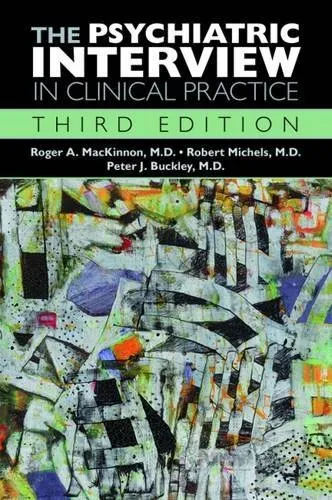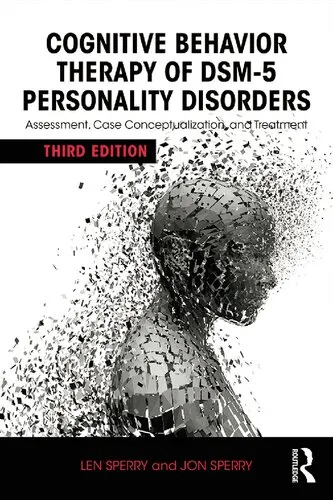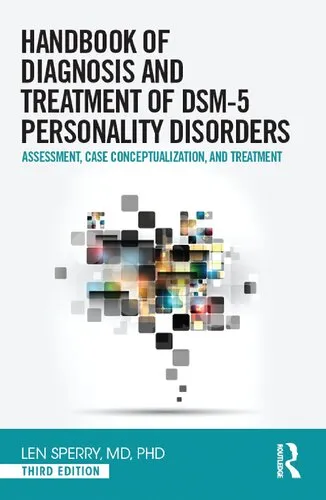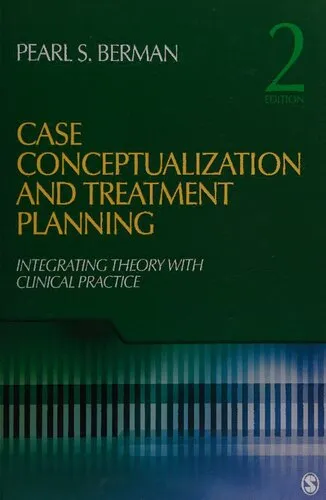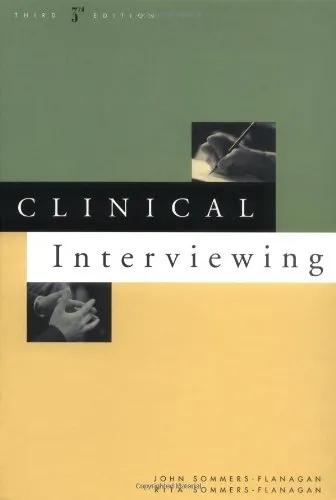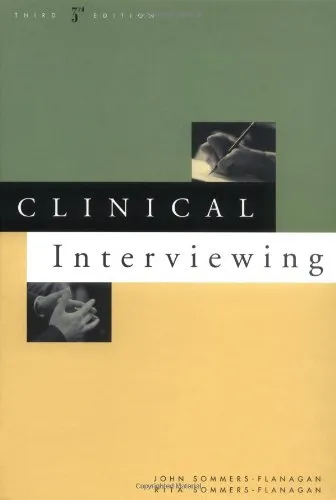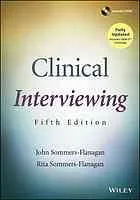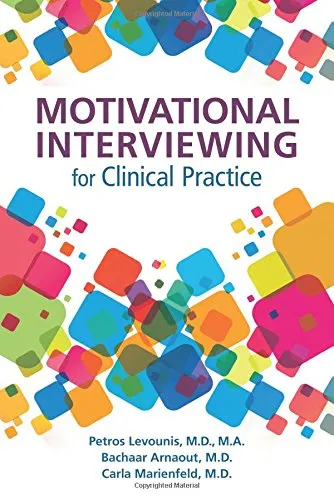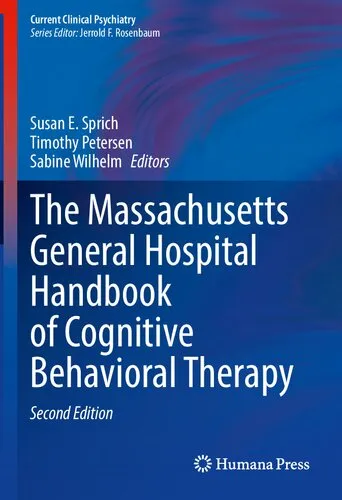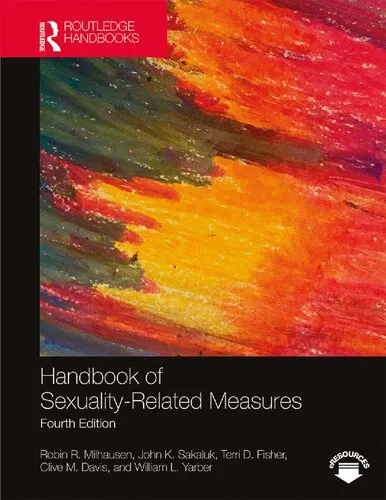The Psychiatric Interview in Clinical Practice
4.8
Reviews from our users

You Can Ask your questions from this book's AI after Login
Each download or ask from book AI costs 2 points. To earn more free points, please visit the Points Guide Page and complete some valuable actions.Related Refrences:
Introduction to The Psychiatric Interview in Clinical Practice
The art and science of psychiatry hinge on effective communication, empathy, and the nuanced understanding of human behavior. The Psychiatric Interview in Clinical Practice, authored by Roger A. Mackinnon, Robert Michels, and Peter J. Buckley, serves as a definitive guide for mental health professionals, students, and anyone seeking mastery in conducting psychiatric interviews. First published decades ago, this text remains a cornerstone in psychiatric education, offering timeless insights into establishing rapport, eliciting critical details, and forming accurate psychiatric assessments.
Detailed Summary
The book begins by exploring foundational principles that govern psychiatric interviews. These principles extend beyond mere question-and-answer formats, advocating for an approach rooted in empathy and an understanding of interpersonal dynamics. The authors dissect the layered complexities of interviewing a diverse patient population, highlighting how cultural, psychological, and biological factors intersect during the clinical encounter.
Subsequent chapters delve deep into specific techniques for engaging patients, including strategies for gathering a thorough psychiatric history, assessing mental status, and discerning the roots of presenting symptoms. There is careful attention paid to interviewing individuals with challenging presentations, such as those with psychosis, severe depression, or personality disorders.
In addition to clinical skills, the authors focus on the therapeutic alliance, underscoring the importance of building trust, addressing transference and countertransference, and navigating ethical dilemmas in psychiatric practice. Each chapter combines theoretical insights with practical applications, supplemented by clinical examples and illustrative dialogues that make concepts come alive.
By the end of the book, readers are equipped with the tools necessary to approach psychiatric interviews with confidence, sensitivity, and intellectual curiosity, ensuring they fulfill their goal of understanding and supporting patients in their mental health journey.
Key Takeaways
- The psychiatric interview is both an art and a science, requiring technical skill, empathy, and adaptability.
- Creating a strong therapeutic alliance is essential for gathering meaningful information and fostering patient trust.
- Each patient is unique, and cultural, social, and psychological factors must be carefully considered during the interview.
- Psychiatric interviewing involves a careful balance between open-ended exploration and structured questioning.
- Challenging clinical scenarios, such as interviews with resistant, anxious, or psychotic patients, can be navigated effectively using specific techniques highlighted in the text.
Famous Quotes from the Book
"The interview is not just a tool; it is a crucible in which the clinician's art, science, and humanity are tested."
"Empathy is not merely a technique—it is an essential condition for effective communication."
"Successful interviewing requires not only asking questions but listening beyond the answers."
"In psychiatry, the relationship between interviewer and patient shapes how stories are told and understood."
Why This Book Matters
In the ever-evolving field of psychiatry, foundational texts like The Psychiatric Interview in Clinical Practice play a critical role in shaping the competencies of mental health professionals. This book stands out not only for its depth and breadth but also for its ability to bridge clinical theory with practical application. It emphasizes the importance of human connection in the therapeutic process and provides readers with the tools they need to approach each patient encounter with grace, intelligence, and ethical rigor.
Whether you are a seasoned psychiatrist, a trainee, or a professional in adjacent fields such as psychology or social work, this book equips you with invaluable skills to navigate the complexities of mental health care. It encourages readers to approach psychiatric interviews not as a mechanical exchange of information but as a dynamic and deeply human process. For those committed to improving patient outcomes and advancing the field of psychiatry, this book remains essential reading.
Free Direct Download
You Can Download this book after Login
Accessing books through legal platforms and public libraries not only supports the rights of authors and publishers but also contributes to the sustainability of reading culture. Before downloading, please take a moment to consider these options.
Find this book on other platforms:
WorldCat helps you find books in libraries worldwide.
See ratings, reviews, and discussions on Goodreads.
Find and buy rare or used books on AbeBooks.
1313
بازدید4.8
امتیاز0
نظر98%
رضایتReviews:
4.8
Based on 0 users review
Questions & Answers
Ask questions about this book or help others by answering
No questions yet. Be the first to ask!
